M.E.A.R.L stands for Monitoring, Evaluation, Accountability, Research and Learning and PWB is always doing this to improve the quality of our outreach work. This means that we are constantly monitoring and evaluating what we do so that we can learn from our experiences and measure the impact of our work. We also collect research on the impact of social circus and also do research on our own projects so that we can better focus our outreach programmes. Due to our charity structuring we know who is responsible and accountable for each area of our work and we make sure our sponsors know who this is and who they can report to with minor concerns or higher up with more serious issues.
All our teams collect data whilst they are with our partner organisations and ask the children and our partners to feedback on our work. PWB has conducted several evaluations of our work including India 2010 and Nicaragua 2013 and we have also conducted an alumni survey in 2018 – which can all be accessed on our Evaluation page. In general our work is received very well and make a good and lasting impact on the young people we work with via our partners. Our volunteers unanimously report that going on tour with PWB is a positive and life changing experience. We have long standing relationships with most of our partners who we return to work with year after year- so we must be doing something right!
We are lucky enough to have two very experienced Trustees who have worked extensively in the charity sector. Claire Bader has been the Head of MERL for GOAL, as well as working as Director of Programmes for Save the Children. And Liz Stones is a consultant and lectures in MERL. Please see the Trustees page for their more detailed bios.
Our Research and Evaluation sections have their own pages, so below you will find information on our Monitoring, Accounability and Learning.
We collect data in the field to do with the physical and emotional impact of our work.
We keep records of the number of classes we teach and the number of children in each class using Kobo digital forms.
We also sometimes ask the children to indicate to us how they feel before and after our projects using wellbeing questionnaires.
By doing this we can get a tangible measure of how well our outreach programmes are achieving our stated aims and vision.
Please see our Evaluation page and Our Impact Summary page for more on this.
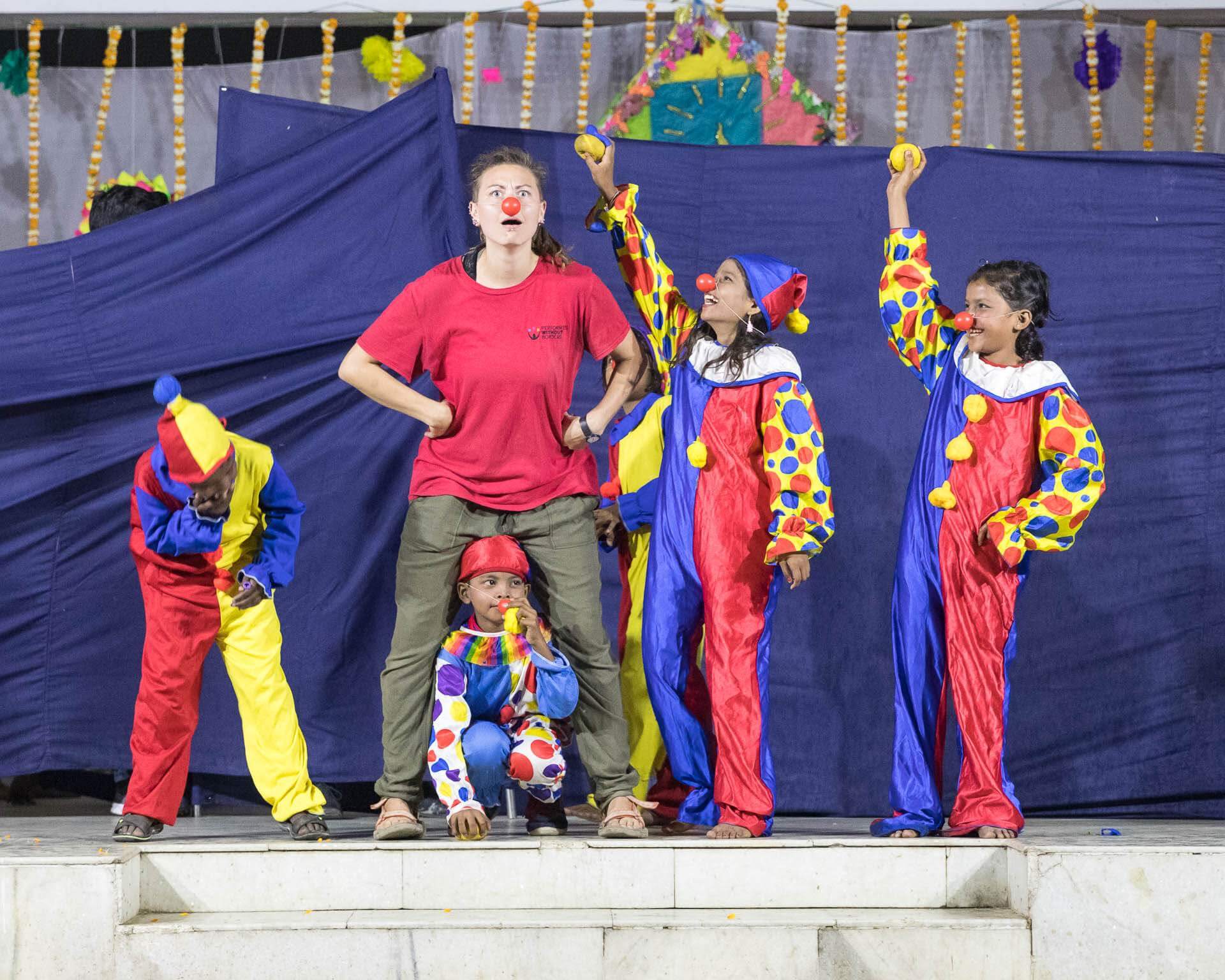
A PWB ‘Categories of Complaints and Reporting Procedure’ document with a full PWB structure diagram can be found in Appendix D of our Safeguarding Policy. Below is only a summary of what is listed there:
1) For PWB International Tours – eg: India, Kenya, Nicaragua or Calais
Each group of volunteers on Tour will be lead in the field by an experienced Tour Coordinator. They will be supported remotely following reporting structure:
Volunteer -> Tour Coordinator (TC) -> Tour Leader (TL) -> Tour Manager (TM) -> PWB Manager -> Trustees
2) For PWB-UK Projects
Each project will have an identified ‘Project Manager’ who will have contracted various workshop leaders to deliver a series of workshops in different geographic locations. This is the equivalent of the TC for a Tour. In this case the reporting chain is:
Volunteer/contractor -> Project Manager -> PUK Manager -> PWB Manager -> Trustees
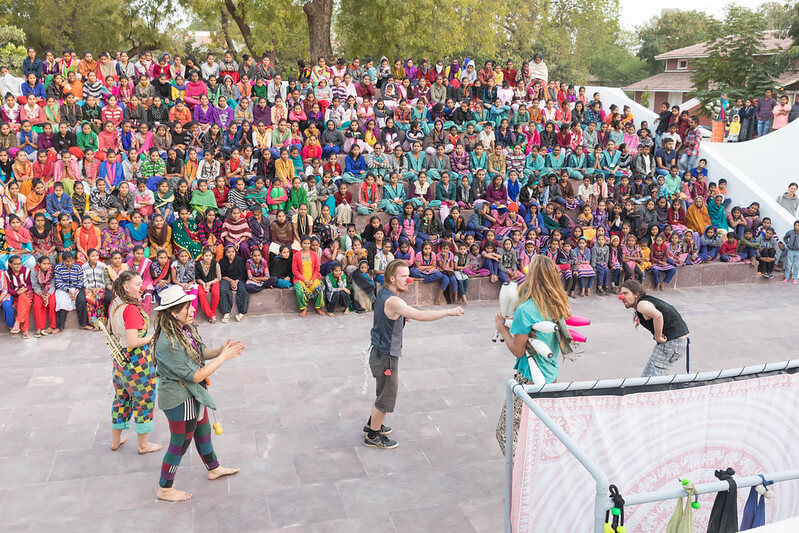
3) In General
The PWB Manager is responsible for analysing and annually reporting on the collected MEARL data. The PWB Manager is responsible for ensuring that the findings and lessons learned are incorporated into the subsequent organisational activities to facilitate continuous learning.
The Finance Manager is responsible for collecting and analysing all financial data, including fundraising and spending, and reporting these data to the PWB Manager quarterly.
The Tour Manager ensures all tours are run safely and according our policies and that all tours are equipped to collect data and social media content and do so according to our MEARL strategy.
The PWB Designated Safety Officer (DSO) is responsible for receiving incident reports and dealing with them according to our safeguarding policies.
The PWB Designated Safety Trustee (DST) is responsible for working with the DSO to handle serious incidents and to represent, and consult with, the board in these matters.
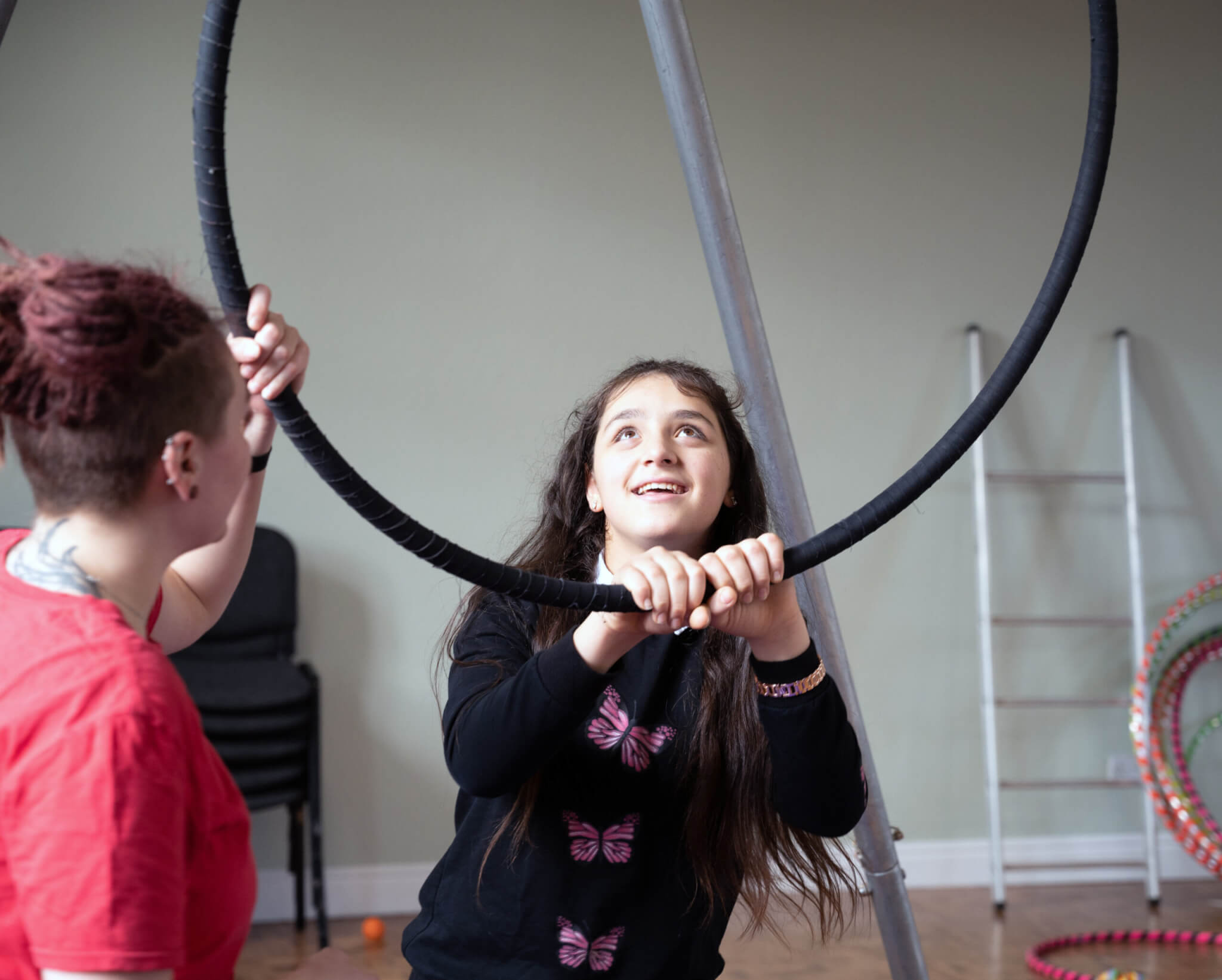
PWB TLs are responsible for supporting the TCs remotely in what ever assistance they require.
PWB TCs and Project Managers are responsible for collecting the relevant data during projects to monitor the achievement of outputs and outcomes against the performance indicators detailed in the logical framework and in this MEARL plan, highlighting and reporting back on any changes to program activities, beneficiaries, and identifying any unanticipated risks or unverified assumptions which might influence the quality of the ongoing MEAL.
PWB-UK workshop facilitators are responsible for collecting the relevant data during workshops to monitor the achievement of outputs and outcomes against the performance indicators detailed in the logical framework and in this MEARL plan, highlighting and reporting back on any changes to program activities, beneficiaries, and identifying any unanticipated risks or unverified assumptions which might influence the quality of the ongoing MEARL.
PWB volunteers are responsible for sending feedback at the end of tours.
All members of the PWB core team are responsible for reviewing the monitoring reports, implementing learning and completing the feedback loop to ensure that challenges and opportunities identified are translated into program improvements and refinements in practice. The program team are responsible for the day-to-day management of the program, and will be involved in the program-related MEARL.
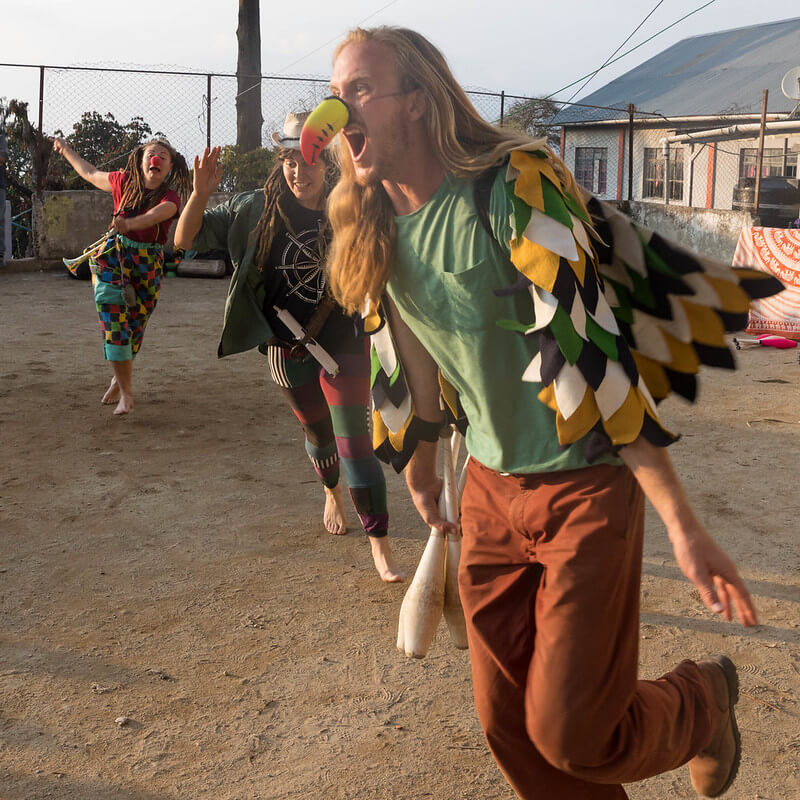
At PWB we are always learning, whether its from a research article or child that is a challenge to teach. Sometimes, but hopefully not too frequently, we learn by our mistakes. Through constant assessment of our methods and our safeguarding processes we aim to improve the quality of our outreach programme and the safety with which they are conducted.
We have been running for over 10 years now and have yet to have a serious incident or complaint. All of our partners are keen to work with us again and our volunteers and focus groups all report very positive experiences working with us. We hope to keep it that way.
However, if you think there is anything that you want to say to us that will help with our learning and improving process then feel free to get in contact and let us know.
“[The PWB team] were perfect. It seems they knew this kind of children since years. The problems the children have. There is a girl who is always very shy and at the beginning she didn’t want to do anything, but on the day of the show she was there with everyone and enjoying and smiling. George who is always very angry with everyone, but he was smiling.” Zalinda, Los Quinchos, San Marcos (through interpreter) – quoted in the Nicaragau 2013 Evaluation
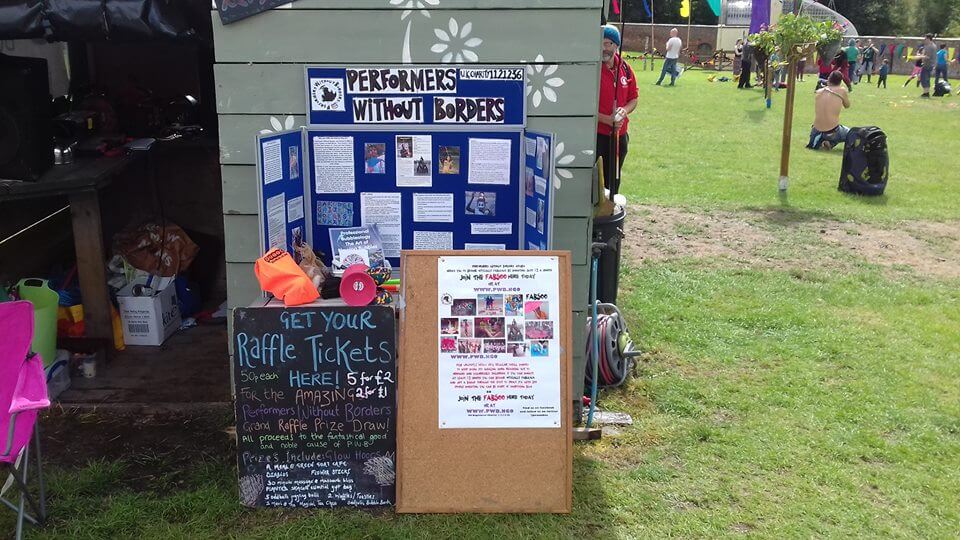
Our Research and Evaluation sections have their own pages.